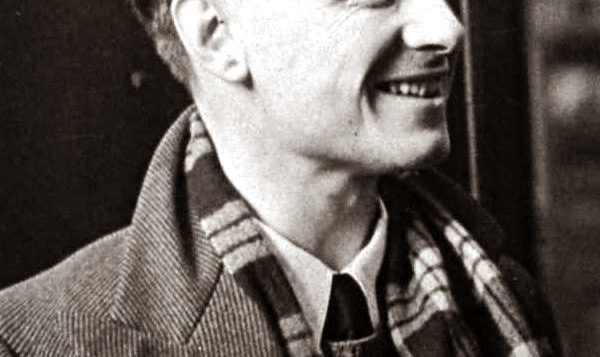 ISHERWOOD IN TRANSIT
ISHERWOOD IN TRANSIT
Edited by James J. Berg and Chris Freeman
Univ. of Minnesota Press
267 pages, $27.
AMONG GAY WRITERS who emerged from the first half of the 20th century, Christopher Isherwood remains one of the most intensively studied. One reason is that large amounts of material about him are available, with the bulk of his private papers held at the Huntington Library in California, largely from a donation by his long-time partner, artist Don Bachardy. This collection of essays grew out of the latest round of research; it is based on papers presented by seventeen writers at a conference at the Huntington in 2015.
Repackaged conference papers tend to make for dreadful books, readable only by specialists with magnifying glasses. Happily, Isherwood in Transit is much better than many collections and contains a number of chapters that will be of interest not only to gay readers but also to those interested in the milieux through which Isherwood passed, notably Germany and Japan. These wanderings are the main focus of this volume, whose editors have produced previous books on other aspects of Isherwood’s life and work. The idea of “transit” is here taken rather broadly, with both physical travels and what might be called internal transits, such as Isherwood’s religious experiences. Even his entirely fantastical Mortmere stories, compiled with Edward Upward during their college years, are covered here. Isherwood once said: “Perhaps I had traveled too much, left my heart in too many places.” But it is this peripatetic habit that gave us much of his best writing, as this volume shows.
The Mortmere material, like the Vedanta chapters, is a specialist’s treasure trove, giving us an idea of Isherwood’s early willingness to write more-or-less publicly about things normally considered private. He is not unique among gay writers in wearing his heart on his sleeve, but unlike most, he placed all his private selves on display and labeled each so readers could not mistake what they saw. He famously began Goodbye to Berlin with the phrase “I am a camera,” but in fact that camera faced both ways, like today’s smartphones that allow the photographer to include himself in the picture. In any case, the camera recorded whatever it saw, and Isherwood eventually wrote it all down, using some material several times.

Alan Contreras, a writer and higher education consultant based in Eugene, Oregon, is the author of The Captured Flame: Notes on Books, Music, and the Creative Force.







